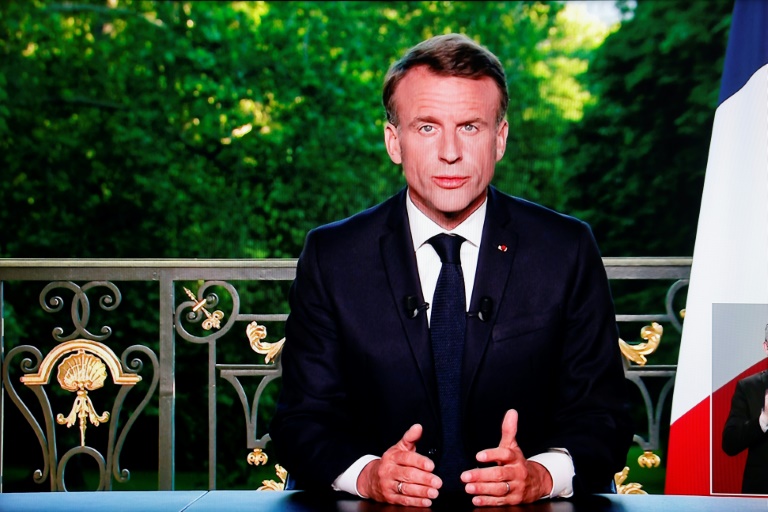THE euro fell broadly, while French bonds and stocks were hit hard on Monday (Jun 10), following French President Emmanuel Macron’s decision to call a snap parliamentary election after being trounced in a European Union vote by the far right.
The euro fell 0.5 per cent in early European trade to a one-month low of US$1.0764 and slumped to a 21-month trough against sterling of 84.53 pence.
French bond prices fell, pushing yields to their highest in two weeks, around 3.17 per cent, while Paris blue-chip stocks dropped 2 per cent, led by steep losses in the likes of lenders such as BNP Paribas and Societe Generale.
Europe’s benchmark STOXX 600 fell 0.7 per cent.
Centre, liberal and Socialist parties were set to retain a majority after the European parliament elections, but eurosceptic nationalists made the biggest gains, raising questions about the ability of major powers to drive policy in the bloc.
Making a risky gamble to reestablish authority, Macron called a parliamentary election with the first round on June 30.
GET BT IN YOUR INBOX DAILY
Start and end each day with the latest news stories and analyses delivered straight to your inbox.
If the far-right National Rally party wins a majority, Macron would be left without a say in domestic affairs.
“That is probably somewhat bad news for markets,” said Berenberg chief economist Holger Schmieding.
“It introduces an unexpected element of uncertainty.”
Britain holds a general election on July four and crucial US elections take place in November, while markets have lately turned fragile as US rate cut expectations have dimmed.
Kathleen Brooks, research director at trading platform XTB, said in a note the “shock factor” from Macron’s decision to call a snap election would weigh on European markets on Monday, but who prevailed in the actual vote might carry more weight.
“The question for traders of the euro and European stock markets is just how radical will Marine Le Pen and Jordan Bardella be if they do well in the French parliamentary elections?” she said, referring to two far-right leaders in France.
Wake-up call?
While the euro and euro area assets have been largely cushioned by diminished euroscepticism compared with elections in the 2010s and early 2020s, the results and surprise reaction from France could be a wake-up call.
The premium bond investors demand to hold French government debt, rather than benchmark German, touched its highest in six weeks, widening by five basis points (bps) to 53.47 bps.
The gap between German and Italian debt, which investors see as a measure of risk appetite in the broader region, also widened to 137 bps.
“Obviously, the snap election is a new source of uncertainty, which should have some negative impact on economic and market confidence, at least in France,” said Jan von Gerich, chief market analyst at Nordea.
But he noted that EU election results do not always translate into domestic ones, due to different voting systems and as EU elections tend to attract a larger protest vote.
Peter Cardillo, chief market economist at Spartan Capital Securities in New York, said it would take a huge surge in the far right for the euro to weaken substantially.
The European Central Bank last week delivered its first rate cut in five years and the currency is down almost 2.5 per cent on the US dollar this year, mostly driven by the relative outlooks for interest rate cuts in the euro area and US.
In France, where concerns about the country’s high debt levels have grown this year, the implications of renewed political uncertainty for the economy could also be in focus.
Standard & Poor’s last month cut its rating on France’s sovereign debt, delivering a painful rebuke to the government’s handling of the strained budget days before the EU election. REUTERS







